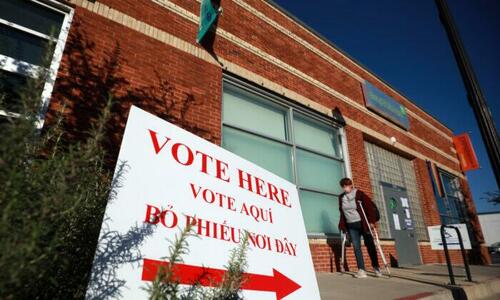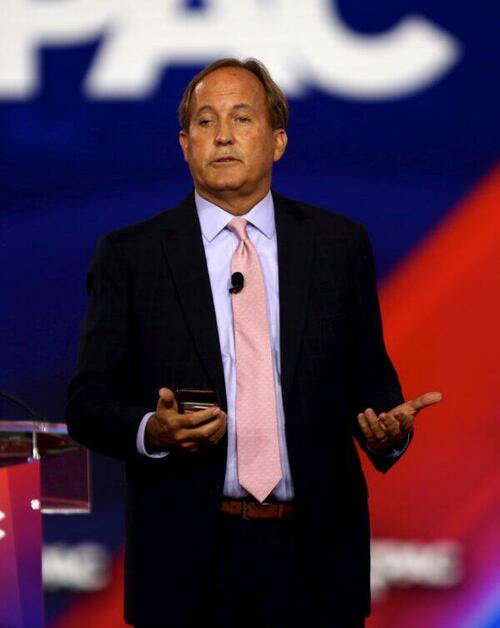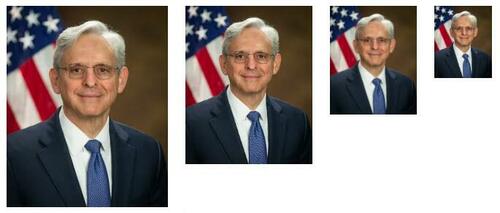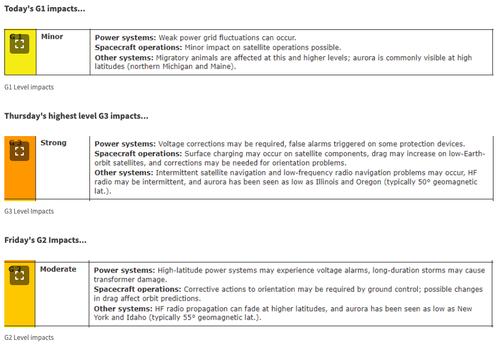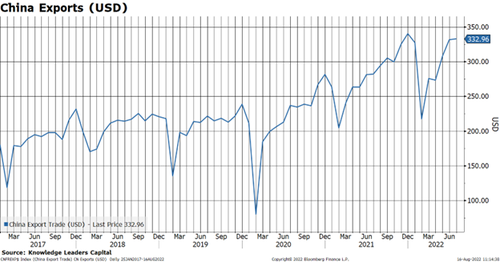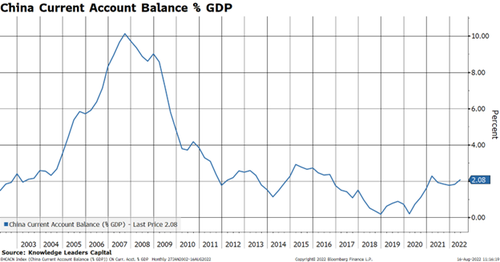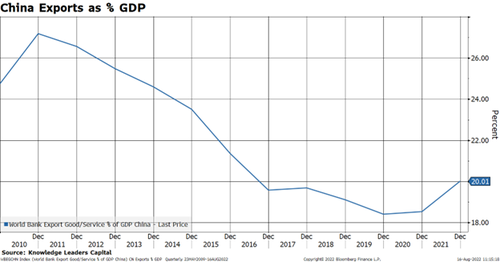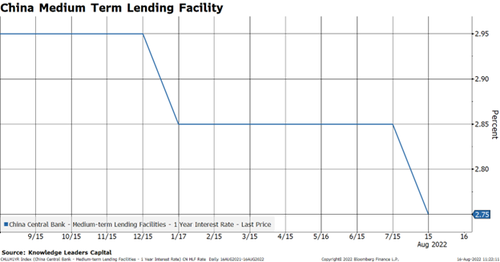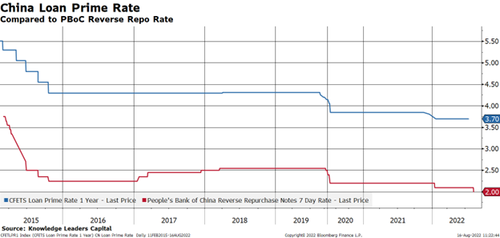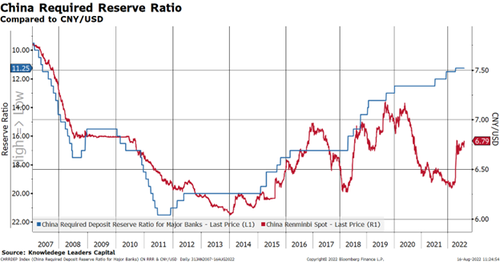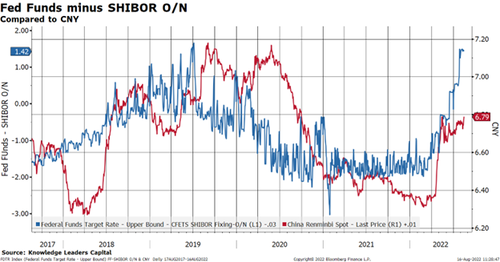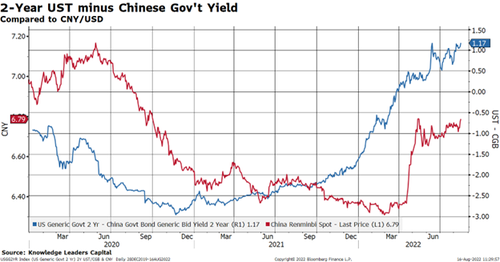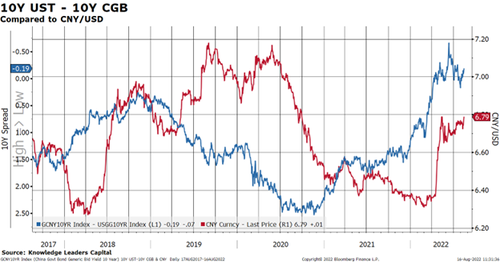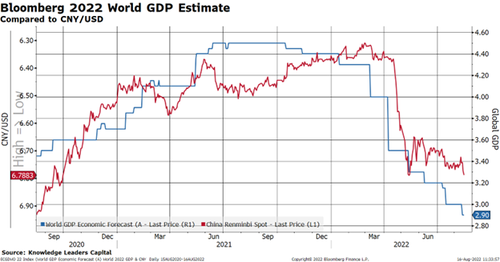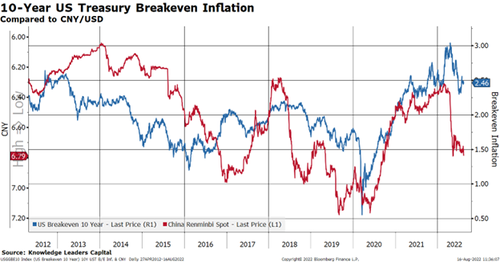Earlier this year, in Jarkesy v. SEC, a divided panel of the U.S. Court of Appeals for the Fifth Circuit held that Securities and Exchange Commission’s enforcement proceedings are unconstitutional on three separate grounds. Judge Elrod wrote for the panel, joined by Judge Oldham. Judge Davis dissented. Last month, the SEC filed a petition for en banc review.
The Jarkesy opinion brought cheers from some quarters, dismay from others. Even Jon Stewart had an opinion on it.
Yesterday I participated in a webinar on Jarkesy for the Federalist Society’s Regulatory Transparency Project, and I thought it was worth a quick post to summarize my views on the good, bad, and ugly parts of the opinion.
The background of hte case is that the SEC brought an enforcement action against Jarkesy and Patriot28, alleging that they had committed securities fraud. The SEC pursued the action not in federal court, but in an administrative proceeding in front of an Administrative Law Judge (ALJ), who concluded that the defendants had, in fact, committed fraud. The SEC affirmed this conclusion and rejected Jarkesy’s constitutional challenges to the SEC proceedings, prompting Jarkesy to seek review before the Fifth Circuit.
Here is how the Judge Elrod summarized the case and the issues presented in the intro to the opinion:
Congress has given the Securities and Exchange Commission substantial power to enforce the nation’s securities laws. It often acts as both prosecutor and judge, and its decisions have broad consequences for personal liberty and property. But the Constitution constrains the SEC’s powers by protecting individual rights and the prerogatives of the other branches of government. This case is about the nature and extent of those constraints in securities fraud cases in which the SEC seeks penalties.
The SEC brought an enforcement action within the agency against Petitioners for securities fraud. An SEC administrative law judge adjudged Petitioners liable and ordered various remedies, and the SEC affirmed on appeal over several constitutional arguments that Petitioners raised. Petitioners raise those same arguments before this court. We hold that: (1) the SEC’s in-house adjudication of Petitioners’ case violated their Seventh Amendment right to a jury trial; (2) Congress unconstitutionally delegated legislative power to the SEC by failing to provide an intelligible principle by which the SEC would exercise the delegated power, in violation of Article I’s vesting of “all” legislative power in Congress; and (3) statutory removal restrictions on SEC ALJs violate the Take Care Clause of Article II. Because the agency proceedings below were unconstitutional, we GRANT the petition for review, VACATE the decision of the SEC, and REMAND for further proceedings consistent with this opinion.
As indicated by the title of this post, there are parts of the Jarkesy opinion that I like, and there are others that I do not. So herewith are what I see as the good, the bad, and the ugly parts of the opinion.
First the “good”. The Fifth Circuit’s conclusion that the statutory limitation on the removal of SEC ALJs is unconstitutional is the strongest part of the opinion. The Supreme Court has made explicit that this is an open question, and relevant Supreme Court caselaw makes the conclusion that limiting removal of SEC ALJs is unconstitutional hard to resist. In Lucia the Court concluded that SEC ALJs are “officers” under Article II (albeit inferior officers), and in Free Enterprise Fund v. PCAOB the Court held that double-for-cause removal restrictions violate Article II. From this, the Fifth Circuit’s conclusion easily follows.
The strongest counter-argument is that ALJs, unlike other inferior officers, do not exercise the sort of power that must be subject to presidential control, but this argument rests on the sort of functional analysis we have not seen in an majority opinion from the Supreme Court on appointment and removal in quite some time, and it is almost certainly a loser on the current court. On this point it is telling that the SEC hardly contests this holding in its petition for en banc review.
That “bad” part of the opinion, in my view, is the court’s holding that the SEC’s decision to adjudicate the case before an agency ALJ violated Jarkesy’s Seventh Amendment right to a jury trial. I say this not because I am unsympathetic to the result, but because I think the Fifth Circuit’s holding cuts against applicable Supreme Court precedent on the applicability of the Seventh Amendment to agency proceedings involving “public rights.”
As a matter of first principles, the idea that the Seventh Amendment allows the government to prosecute individuals (albeit civilly) and subject them to substantial monetary and other penalties without affording them the right to a jury seems hard to credit, and Judge Elrod’s opinion is persuasive on that point (perhaps, in no small part, because this is a subject on which she’s written at least two law review articles).
The problem is that the Supreme Court said this was okay in Atlas Roofing v. OSHRC, and the Fifth Circuit’s arguments that Atlas Roofing has been abrogated (by cases such as Granfinanciera v. Nordberg) or otherwise does not apply are thoroughly unconvincing. So while I would prefer a rule that prevents agencies from subjecting folks like Jarkesy to administrative proceedings of this sort, relevant precedent cuts the other way. And while it’s certainly possible that the Supreme Court may revisit these prior cases to prevent the violation of Seventh Amendment rights in administrative proceedings, I think it’s bad from circuit courts to effectively usurp that authority, as I think the Fifth Circuit did here.
That brings us to the “ugly”: The Fifth Circuit’s nondelegation holding. This part of the decision is almost certainly wrong, and I was quite surprised to read it. Here’s how that portion of the opinion begins:
Petitioners next argue that Congress unconstitutionally delegated
legislative power to the SEC when it gave the SEC the unfettered authority
to choose whether to bring enforcement actions in Article III courts or within
the agency. Because Congress gave the SEC a significant legislative power by failing to provide it with an intelligible principle to guide its use of the delegated power, we agree with Petitioners.
Set aside that the Supreme Court has turned away every opportunity to enforce the nondelegation doctrine in over eighty years. Assume that there are five votes on the Supreme Court to enforce the requirement that Congress articulate an “intelligible principle” when delegating what would otherwise be legislative power to agencies. Even with these concessions, this part of the opinion is still a confused mess.
Here’s the problem: The delegated power at issue is the SEC’s authority to make case-by-case decisions about how to enforce the securities laws against individual regulated entities. This is not legislative power. This is the sort of prosecutorial discretion that lies at the core of executive authority. And because this is not legislative power, no “intelligible principle” is required.
The Fifth Circuit tries to parry this objection by claiming that power is “legislative” if it has “the purpose and affect of altering the legal rights, duties and relations of persons.” But this doesn’t do the work the Fifth Circuit wants it to. Jarkesy’s rights in an Article III court and in an administrative proceeding are what they are under the Constitution and relevant statutes. The SEC did not alter these rights. It merely chose how to enforce the laws Congress enacted.
Were the Fifth Circuit correct, it would be an unconstitutional delegation of power when Congress allows agencies (or any executive official, for that matter) the choice of proceeding civilly or criminally against a regulated entity for related conduct. This choice, much like the choice between an Article III court and agency proceeding, affects what rights the defendant may raise. Among other thigs, the finder of fact may not draw a negative inference from a defendant’s invocation of the Fifth Amendment right against self-incrimination in a criminal proceeding, but can in a civil proceeding. And don’t even get me started on how the Fifth Circuit’s holding would make an absolute hash of immigration enforcement.
The point here is that The Fifth Circuit makes a fundamental category error when it characterizes the power at issue — the power to choose which method of enforcement to use in a given case involving a given regulated entity — as a legislative one. It is not, and the Fifth Circuit blundered when concluding otherwise.
As noted above, the SEC has filed an en banc petition in this case, so the panel opinion may not be the last word on these questions. Stay tuned to see whether the full court opts to clean up the mistaken parts of the opinion, or whether it saves these questions for the Supreme Court.
The post The Good, the Bad, and the Ugly of Jarkesy v. SEC appeared first on Reason.com.
from Latest https://ift.tt/1kYpFcz
via IFTTT



